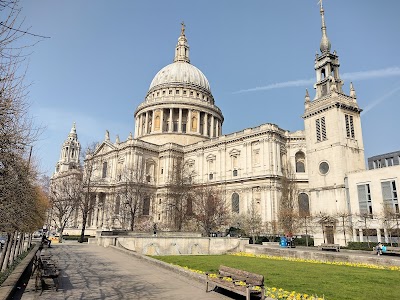M'Buke Islands (M'Buke Islands)
Overview
M’Buke Island is a small yet vibrant paradise nestled in Manus Province, Papua New Guinea. As part of an archipelago, M’Buke is enveloped by the dazzling, crystal-clear waters of the Pacific Ocean, offering a serene escape from the hustle and bustle of modern life.
Geological Origins
The island's formation is a fascinating tale of volcanic activity that dates back millions of years. Over time, cooled lava and coral growth shaped M’Buke into its current form. The rich volcanic soil fosters a lush landscape, creating an emerald oasis brimming with vibrant vegetation.
Indigenous Heritage
Traditionally, M’Buke Island has been home to the indigenous Manus people, renowned for their profound connection to the ocean and exceptional skills in navigation and fishing. The early inhabitants constructed their homes using locally sourced materials such as bamboo, wood, and palm leaves. Elevated on stilts, these houses not only provided protection against floods but also ensured better air circulation, reflecting the islanders' ingenuity and adaptability.
Community and Lifestyle
M’Buke Island is characterized by its tight-knit community, where residents engage in subsistence farming and fishing, living harmoniously with the natural resources around them. The landscape is dotted with gardens bursting with taro, yams, sweet potatoes, and a variety of fruits. The surrounding waters are rich in marine life, ensuring a steady supply of fish and seafood for the island's inhabitants.
Traditional Craftsmanship
A remarkable aspect of M’Buke Island is its traditional outrigger canoes, masterfully carved from single tree trunks. These canoes are vital for fishing and transportation between nearby islands, embodying the islanders' deep-rooted relationship with the sea. The art of canoe-making is a cherished skill, passed down through generations, showcasing the cultural heritage of the community.
Cultural Significance
M’Buke Island thrives on its cultural traditions, with vibrant ceremonies and celebrations that strengthen community bonds. One of the most notable events is the "Singsing," a lively gathering where villagers unite to sing, dance, and share stories. These gatherings not only preserve the island's rich cultural tapestry but also foster a sense of belonging among the residents.
Modern Developments
While M’Buke Island has embraced some modern developments, it remains largely untouched by industrialization. The introduction of solar panels provides a sustainable source of electricity, enhancing the quality of life for residents while minimizing environmental impact.
Education and Future Generations
Education is highly valued on the island, with a primary school serving the children of M’Buke and neighboring islands. Despite limited resources, the community prioritizes accessibility to education, viewing it as the cornerstone of future prosperity.
Eco-Tourism
Tourism is gradually making its presence felt on M’Buke Island, with eco-tourism being the primary focus. Visitors are drawn to the island's pristine environment, vibrant marine life, and opportunities to immerse themselves in traditional Manus culture. The islanders warmly welcome tourists, offering guided tours, traditional meals, and captivating cultural performances.
Conservation Efforts
To ensure that tourism does not compromise the island's natural beauty, the community actively participates in conservation initiatives. Projects aimed at protecting coral reefs and maintaining clean beaches are a priority, ensuring that M’Buke Island remains a tranquil haven for generations to come.
In essence, M’Buke Island stands as a testament to the harmonious coexistence of nature and human life. Its origins rooted in natural processes, paired with the traditional lifestyles upheld by its residents, exemplify a sustainable and culturally rich existence. M’Buke invites all who visit to appreciate the profound beauty and simplicity of island life, serving as a beacon of tradition amid the waves of the modern world.







